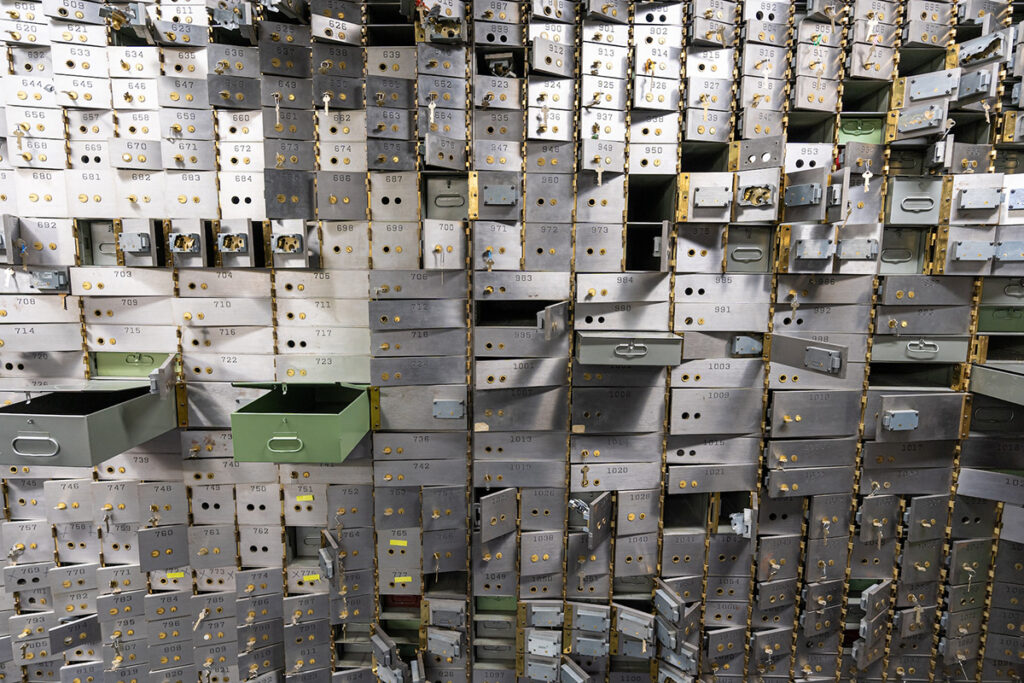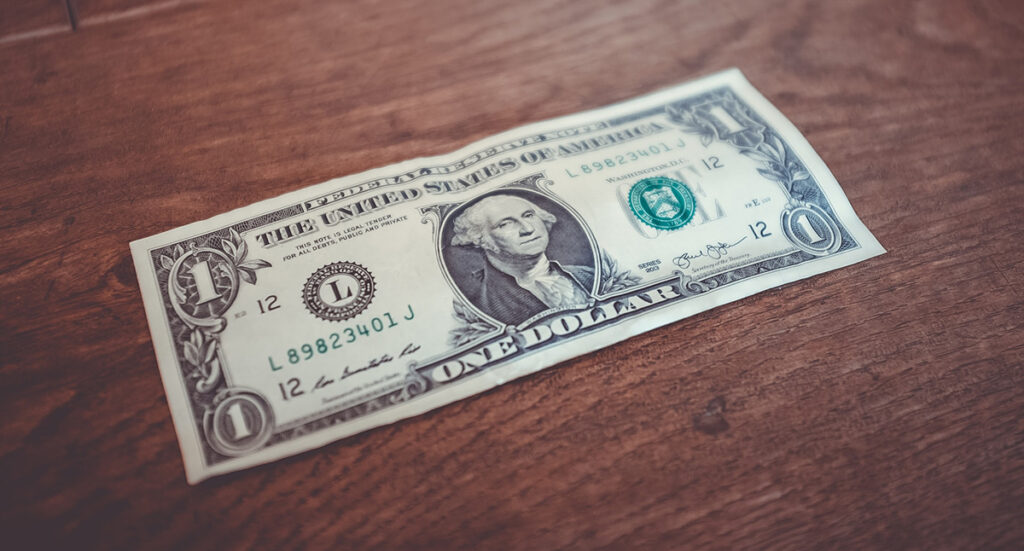How should I start preparing for a potential recession in 2023? Will I have enough money for myself and my family? Should I get a better job now or keep the one I have?
These questions and many more are on our minds constantly.
A potential recession is a challenging and rocky time for individuals and businesses. However, there are some simple steps you can take immediately to protect yourself, your family, and your finances in the event of a possible recession in 2023.
- It’s vital to evaluate your current financial situation and pinpoint potential vulnerabilities. Prioritize repairing any vulnerabilities, designate your financial goals, and plan how to reach them.
- If you don’t have one, start creating an emergency savings fund as soon as possible. It’s paramount to have a financial cushion available in case of a job loss or other unforeseen expenses. Aim to save enough money to cover 3-6 months of basic expenses, such as housing, food, and healthcare.
- If you have high-interest debt accumulated, such as credit card debt, work on paying it off or reduce the balance as much as possible. High-interest debt can be a significant financial burden, especially during a recession when possible income reductions exist.
- Diversify your investment portfolio to reduce your exposure to potential market downturns. You want to safeguard your savings and retirement funds from losses during a recession.
- Remain informed about the current economic climate and potential signs of a recession. You want to make educated decisions about your finances and adjust your plan as needed.
Start preparing now to minimize your worry! It’s also a good idea to consult with a credited financial advisor or professional who can provide personalized advice based on your unique financial situation.
What shouldn’t you do in a recession?

During a recession, you must be careful with your spending and avoid making significant financial decisions. Here are a few items you should avoid doing during a recession:
- Don’t take on excessive debt. Recessions are when you should be especially careful about borrowing money, as you may be at risk of being unable to pay it back if you lose your job or the economy takes a turn for the worse.
- Avoid making significant investments. A recession is not a good time to take on significant investment risks. Instead, focus on preserving the value of your existing assets and consider investing in safer, lower-risk options.
- Try to keep your job. If you’re employed, hold onto your job as much as possible. If you lose your job, finding another one in a recession may be difficult, so do everything you can to stay employed.
- Cut back on necessary expenses. While it’s imperative to be careful with your spending during a recession, it’s also important not to cut back on basic costs like healthcare and food.
- Don’t panic. A recession can be stressful, but it’s important not to panic. Instead, focus on making wise financial decisions and caring for yourself and your family.
As with all things in life, nothing lasts forever. So, although a recession may be difficult to deal with, you’ll get through it eventually and see the other side.
Where should I put money in a recession?

You must be very careful with your money and avoid making significant financial decisions during a recession. Instead of making risky investments, focus on preserving the value of your existing assets and consider investing in safer, lower-risk options. Here are a few things you could consider:
- Savings accounts and CDs. These are relatively safe places to keep your money and often offer higher interest rates than checking accounts.
- Money market funds. These mutual funds invest in short-term debt securities, like government bonds and commercial paper. They tend to be low-risk and can offer higher returns than savings accounts.
- Government bonds. These are debt securities issued by the federal government. They are considered the safest investments but offer relatively low returns.
- Dividend-paying stocks. Some companies continue to pay dividends to their shareholders even during a recession. These can provide a source of income and offer protection against stock price declines.
It’s important to remember there are no guarantees when investing, and any investment carries some risk—before making investment decisions, talking to a financial advisor and researching is a good idea.
What is needed most during a recession?

Our attention is pulled in many different directions daily, especially throughout a recession. A few things are needed most during a downturn in the economy. These include:
- Patience and persistence: A recession can be brutal, but you should remain patient and keep a positive attitude. It’s also important to keep working hard and looking for opportunities to improve your situation.
- Economic stimulus: To help stimulate the economy and boost demand, governments may implement policies such as tax cuts or increased government spending.
- Financial aid for individuals and businesses: Many people and companies may struggle financially during a recession, so it’s crucial to provide support through unemployment benefits and loan assistance.
- Flexibility and adaptability: Individuals and businesses should be flexible and adaptable to be able to respond to changing circumstances and find new opportunities while weathering the economic downturn.
- Teamwork and collaboration: To overcome the challenges of a recession, individuals, businesses, and governments need to work together and support each other. By collaborating and cooperating, we can help each other through difficult times and emerge stronger on the other side.
Whether facing the recession as a parent, a grandparent, or someone in or out of the workforce, we all have things we can focus on to come out more successfully at the end of the limited economic period.
What’s a recession?

A recession is a time of economic decline characterized by a decrease in economic activity, such as a decline in the gross domestic product (GDP), an increase in unemployment, and a reduction in consumer spending. Recessions are typically measured by considering several economic indicators, such as GDP growth, employment levels, and consumer confidence.
- Economic activity slows down when there’s a recession, and businesses may experience a decrease in sales and profits. The slowed activity can lead to reduced employment and income, as companies may lay off workers or reduce their hours.
- A recession can ripple effect on other industries and sectors of the economy, such as housing, finance, and trade, as businesses and consumers may cut back on spending in these areas.
- As consumer spending decreases, businesses may also reduce their investments in new projects or expansion, leading to further declines in economic activity.
- Ultimately, a recession can harm the overall economy, individuals, and businesses.
Governments and central banks may mitigate the effects of a recession, such as implementing fiscal policies, such as tax cuts or increased government spending, or monetary policies, such as lowering interest rates to stimulate economic activity.
How can I explain a recession to my children?
A recession is a period of limited economics during which businesses may struggle, and people may lose their jobs.
It can be challenging to explain a recession to children, but one way to do so is to use simple, age-appropriate language to define the concept. A recession is when the economy comes to a crawl, which means that businesses may not be making as much money, and people may not be able to buy as many things.
You could also explain that during a recession, some people may lose their jobs and have to look for new work and that the government and other organizations may try to help people who are struggling financially.
It’s important to reassure children that recessions are momentary and that the economy will someday recover.
This article is not meant to be a substitute for advice from a licensed financial advisor. Please consult with a professional before making any personal financial decisions.





